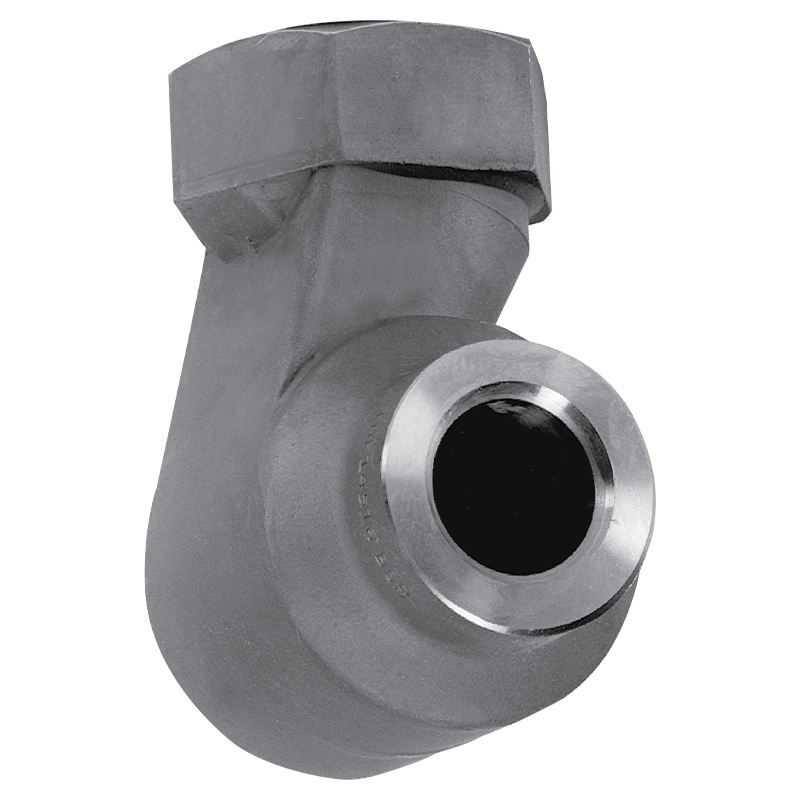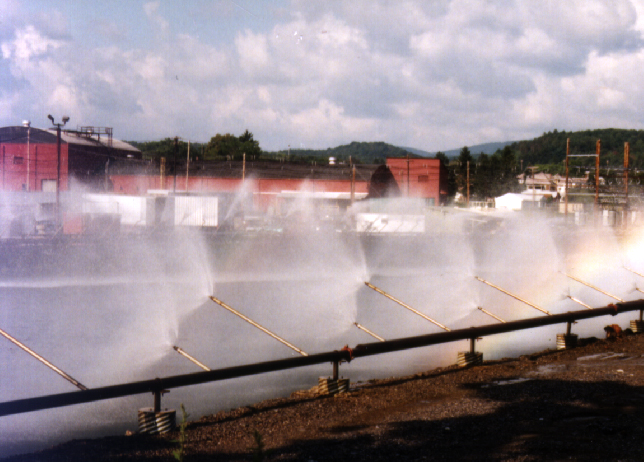Many industries produce excess water which contains solid particulates. These particulates must be disposed of responsibly. Separation of the particles from the water is often accomplished by placing the water in ponds where the sun evaporates the water. The solid particles can then be recovered and processed. As evaporation can only occur from the pond’s surface, operators are forced to either wait a long time for the water to evaporate or increase the surface area of large ponds.
An alternate and effective way to accomplish the same goal is to spray the water into the air with nozzles. By spraying and atomizing the water from the holding ponds into the air, spray nozzles significantly increase the surface area of water exposed to the air, thus improving the evaporation efficiency and decreasing the size needed for the pond.

Common Uses & Industries

Important factors to consider:
Environment
- Average temperatures, relative humidity, prevailing wind speed, direction, etc.
Nozzle placement
- In general, spray nozzles are placed evenly around/over the pond at a height that maximizes residence times while taking droplet drift due to wind into account
Nozzle clog resistance
- As the water to be disposed of often contains solids or waste particles, selection of the nozzle concerning clog resistance is important
Available flow rates
Required evaporation rates
Available pressure drop (∆P) across the nozzle
- ∆P = supply pressure at nozzle inlet – process pressure outside nozzle
- Typical operating pressures range from 10-20 psi (0.7-1.4 bar) to produce a drop size capable of efficient cooling while minimizing evaporation losses and wind drift






